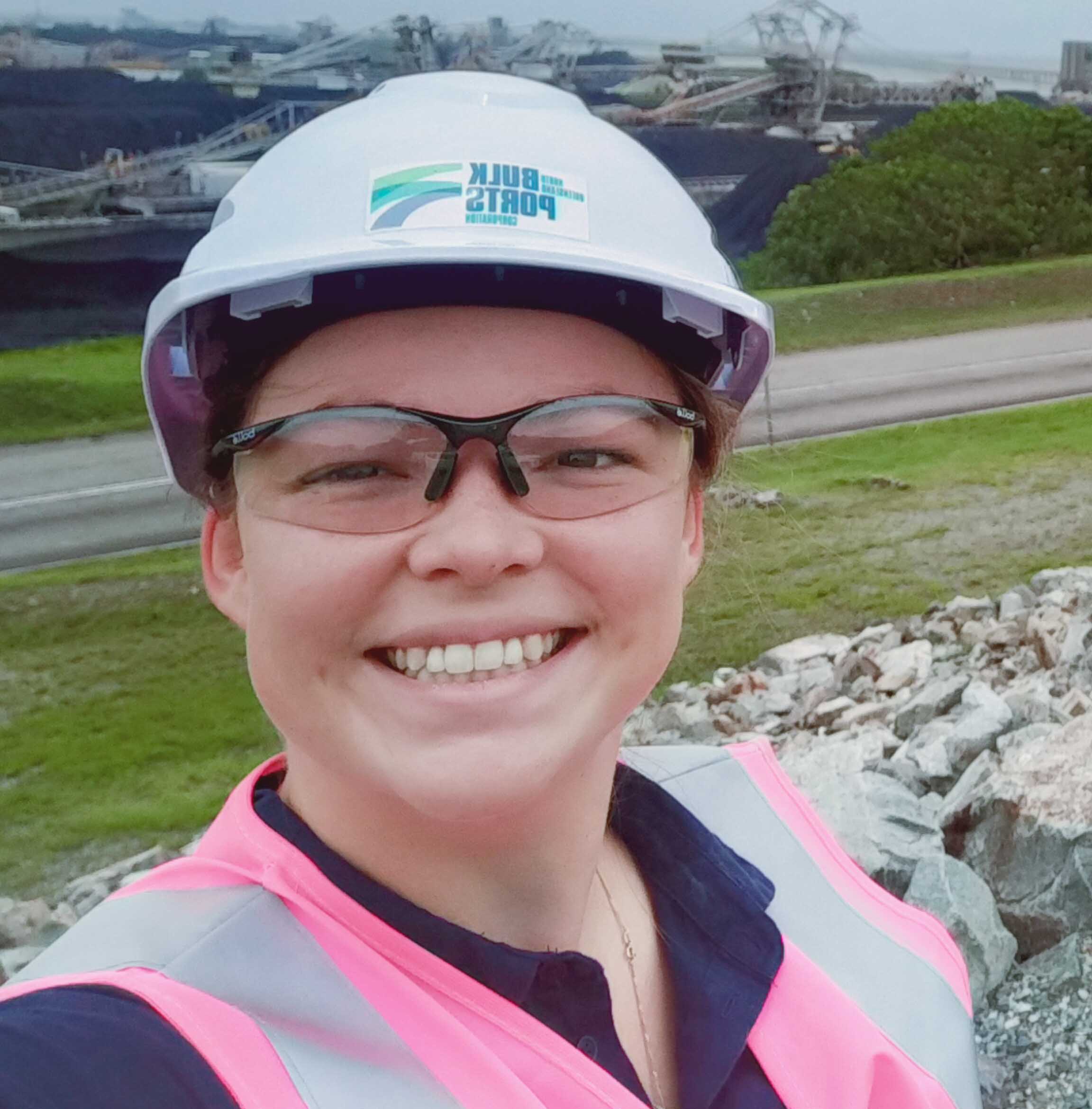
Ingrid is currently completing a post-graduate Master of Science degree after graduating with a Bachelor of Chemical Engineering (Hons majoring in Bio-systems Engineering) in 2012 and working primarily in construction management.
Realising her passion for marine, Ingrid decided to pivot her career into this realm and has devoted considerable time to building her experience away from the lecture hall.
Her experience includes, turtle monitoring on Barrow Island, Western Australia, volunteer assistance to PhD programs and Ingrid is currently in training to be a qualified Reef Check surveyor. Reef Check Australia is a citizen science focused charity dedicated to educating and empowering community volunteers to better understand, appreciate and protect oceans and marine environments. And if Ingrid’s schedule wasn’t busy enough already, she owns a coffee van business in Townsville which is a “We are Plastic Free Townsville” champion.
Ingrid said she was excited to be offered the internship opportunity with NQBP and apply her marine-based knowledge alongside her bio-chemical and construction management background in a port industry environment.
What inspired you to apply for the internship program?
NQBP did a guest lecture as part of the Coastal, Estuarine and Mangrove Ecosystems class. I was really impressed that an industrial organization would place so much emphasis on environmental management. When I saw the advertisement for the internship, I jumped at the chance to learn more about the port industry.
What was the best part of your week with us?
I honestly loved every part of my week, from site visits to meeting other departments and writing up a few documents.
Though I would have to say my favourite part was getting out on the water to collect the marine pest plates, any day on the water is a great day! NQBP and the Department of Agriculture and Fisheries are running a trial where NQBP collects the fouled plates and DAF performs an eDNA assessment in order to to provide early detection of invasive species. We went out and hauled up the arrays, removed the fouled plates and wrapped them up nicely then put them on ice ready to be sent to DAF. It was great to be out doing some hands-on work but it’s also a really interesting scheme. Its great to see advanced technology being used for an important purpose, protecting Australia’s biosecurity.
What was it like to get the industry-perspective working at NQBP?
I’ve worked within a few industries before but never ports. Because NQBP is both a marine- and land-based industry there are many different environmental elements that need to be considered and managed. Being a government owned port operator NQBP have the ability to invest in sustainability and help set the standard in port management. The roles of the environmental staff are so diverse and one thing they all told me they love about their jobs is the variety of work they get to do on a daily basis. I had a taste of that myself, being tasked with writing a species standard operating procedure, researching biofouling, attending meetings, site visits and a day on the boat collecting pest plates.
You’ve had some amazing work experience opportunities already, especially turtle monitoring on Barrow Island. What was the best part of that experience?
Definitely baby turtle eruptions! But the whole experience was amazing. The work was pretty exhausting at times; long nights and lots of walking. But it was so enjoyable and rewarding! By the end you’re following the tracks up and down the dunes and can tell by the amount of sand flying around what stage the turtles are up to. It was another experience of great environmental management in an industrial setting.
How did the Internship with NQBP help compliment your studies?
I think that university can tend to be research-focussed, and this internship really opened my eyes to a different career path for a marine biologist. I think it is really important to add more focus on the industrial application of environmental management, because NQBP, and a lot of other companies, are doing great things for the environment and it goes somewhat unnoticed. By working in an industry such as ports, you have such a huge ability to have a positive impact on the environment. I honestly wish there was more of this kind of learning in our curriculum.
How valuable was your time with us to your learning journey?
I would have to say that out of all of my volunteering experiences that this NQBP internship really stands out in terms of career learnings. I have come away with a great understanding of the many areas of environmental management. I’m also really looking forward to the TropWater part of the internship, to get a better understanding of the detail of the water quality, sea grass and coral monitoring programs that TropWater conducts for NQBP.
What did you learn about managing stakeholders and the importance of communicating your knowledge to other areas of the business?
NQBP strives to have open and honest relationships with the community. They currently share dashboards for coral, seagrass and air quality monitoring on their webpage, which are meant for public use. I think the dashboards are really interesting, and also insightful for the community to understand the programs that NQBP run. NQBP also have good relationships with their lessees and work together to ensure good environmental health.
I was lucky enough to tour the Hay Point DBCT terminal and learn about how NQBP and DBCT work together with their air quality monitoring stations. Internally there are a number of departments within NQBP. The environmental and engineering departments in particular are required to work closely together as this ensure project planning is comprehensive and efficient.
One of my tasks for the week was researching biofouling techniques for the port infrastructure. As part of that task we had a meeting with engineering and I got to see how the different departments works together, sharing their knowledge to help improve NQBPs operations as a team.